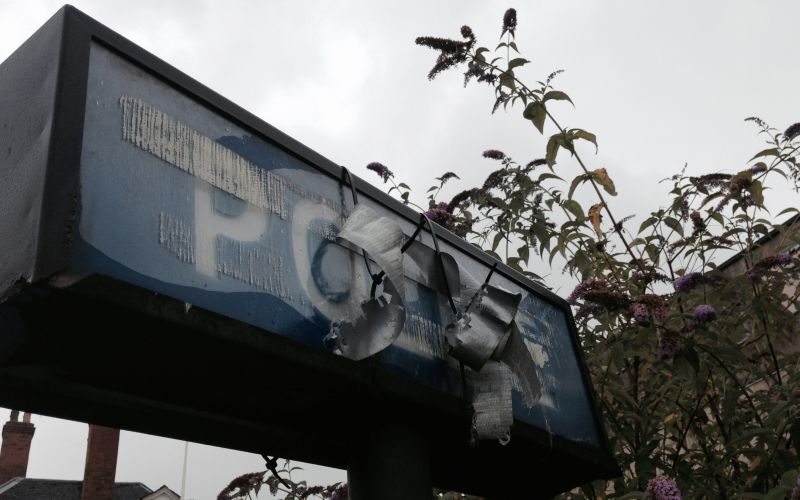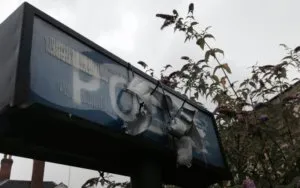News stories about crimes against disabled people in the mainstream media still too often use disablist language, blame the victim, and portray the disabled person as a “burden”, according to a new report.
Inclusion London’s report, Disability, Crime and Hate Crime in the News, examined news coverage of 300 crimes against disabled people over the last 18 years, and was published to mark this year’s international day of disabled people on 3 December.
Although the report found that news coverage of such crimes across the UK had improved since 2005, including a drop in the frequency of disablist language, it still found “many stories contained disablist concepts and portrayals”.
As recently as this year, the research uncovered news articles about crimes against disabled people that contained “disablist language, assumptions, infantilization, and the same attitudes which lead to societal discrimination” against disabled people.
The report says that most of the examples are likely to be due to “unconscious biases and perceptions prevalent within society, resulting from historic and cultural values and beliefs built up over the years”.
It also provides examples of how journalists can write their articles in a less disablist way.
Among its concerns are news stories in which disabled murder victims have been described as a “burden” to the relatives who killed them, often using quotes from living relatives about how “difficult” they were.
It found many articles where “language choices, quotes used from professionals involved in the case, or the general write-up of the case shifted some or most of the blame for the crime onto the victim or downplayed the impact of the crime”.
Disablist language was often used to describe the perpetrators of crimes, such as “deranged”, “psychotic killer” and “unable to deal with their demons”.
And disabled victims are frequently portrayed as “helpless, weak, vulnerable, and unable to do anything to defend themselves”.
The report concludes: “Disabled victims of crime deserve to be written about in respectful and considerate ways that do not perpetuate disablist ideas.
“We hope that this report gives writers of all public facing media, but particularly those within the criminal justice system and reporting on crimes against Disabled people, some material to review their own publications, what stories they decide to place value on, and how they choose to cover them.”
It also suggests ways in which the media can engage with disabled people – including through seeking their services as paid consultants or to provide training – to improve the way they write their stories, as a way of “dismantling unconscious disablism in their work”.
Louise Holden, manager of Inclusion London’s disability hate crime project and the report’s co-author, said: “For any journalist that really wants to stamp out disablism in the media, this report has clear examples of good practice.
“What is written about us matters. Disabled victims deserve better.”
A note from the editor:
Please consider making a voluntary financial contribution to support the work of DNS and allow it to continue producing independent, carefully-researched news stories that focus on the lives and rights of disabled people and their user-led organisations.
Please do not contribute if you cannot afford to do so, and please note that DNS is not a charity. It is run and owned by disabled journalist John Pring and has been from its launch in April 2009.
Thank you for anything you can do to support the work of DNS…

 ‘Disastrous’ cuts bill that leaves legacy of distrust and distress ‘must be dropped’
‘Disastrous’ cuts bill that leaves legacy of distrust and distress ‘must be dropped’ Ministers are considering further extension to disability hate crime laws, after pledge on ‘aggravated’ offences
Ministers are considering further extension to disability hate crime laws, after pledge on ‘aggravated’ offences